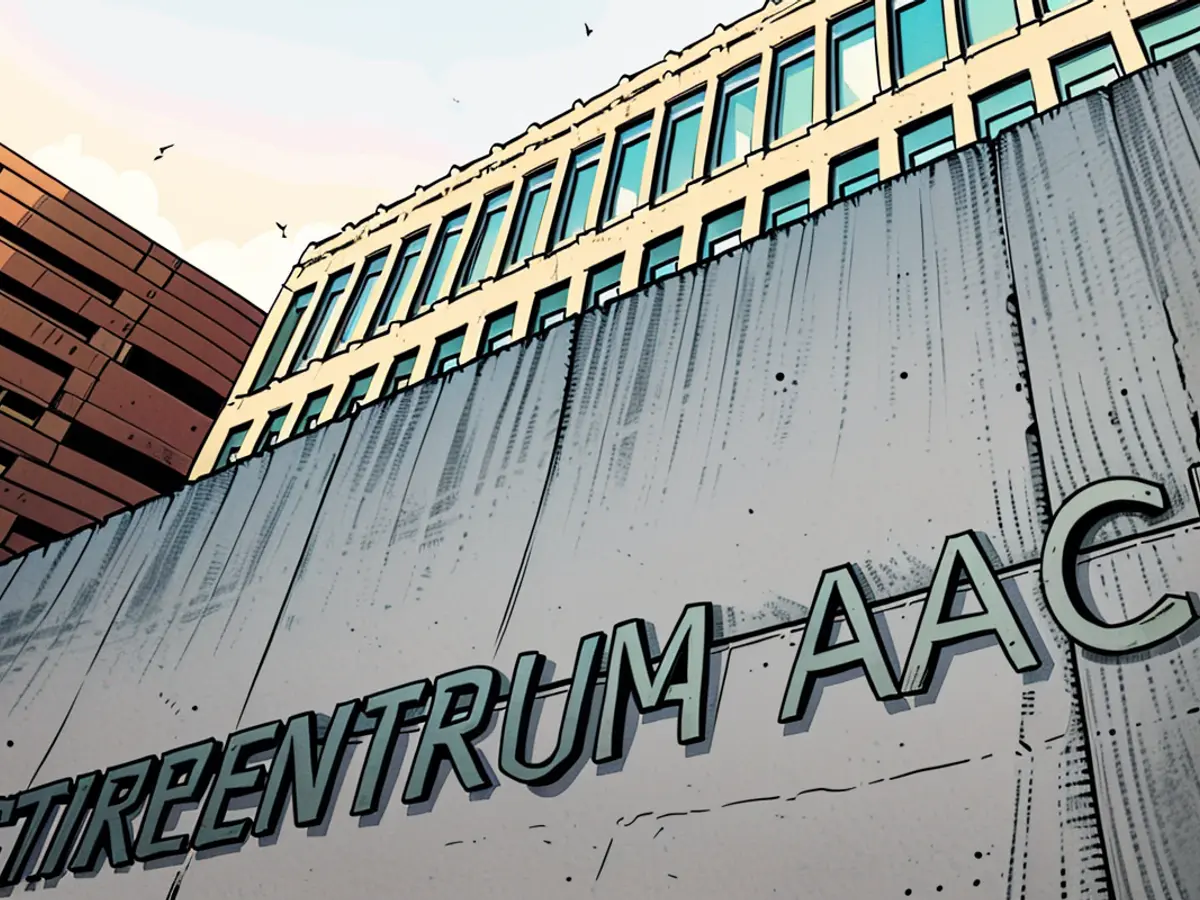- After a record-breaking captagon drug bust, four men are on trial.
After a record seizure of the synthetic drug Captagon, a trial against four men begins at the Regional Court of Aachen at 9:00 AM. The defendants, aged between 33 and 46, are accused of procuring and distributing approximately 480 kilograms of Captagon, with a street value of around 58 million euros.
Record Seizure in Germany
Four men born in Syria, two of whom also hold German citizenship, are accused of being part of a drug trafficking ring. If convicted of bandenmäßiges Handeltreibens with large amounts of narcotics, they face up to 15 years in prison.
The seizure, made public in December 2023, was the largest in Germany to date. Kilograms of drugs were intercepted at the airports in Cologne/Bonn and Leipzig. The trail led to Aachen, where police found hundreds of kilograms of the illegal drug in a garage storage unit.
Effects of Captagon on humans
According to the Federal Criminal Police Office (BKA), Captagon causes severe addiction and can lead to depression, hallucinations, and anxiety states. The drug is primarily traded in Middle Eastern countries, particularly Saudi Arabia, and is used as a party drug and to enhance performance.
In Germany, Captagon plays a minor role, with European countries serving mainly as transit points. In 2023, only one case was recorded in NRW. A man was found carrying a small amount.
Stored among scented candles
The source of the defendants' drugs is unknown. They allegedly decided to deal in large quantities at least by October 2021. Some of the drugs were reportedly shipped via air freight to Australia, Saudi Arabia, Qatar, and Bahrain, hidden among legal goods like scented candles, an electric fireplace, and an air purifier. Earlier reports by the customs investigation office in Essen stated that over 300 kilograms were found in a garage storage unit under pallets of 16 tons of sand.
The trial for the drug trafficking allegations against the four men is set to take place at the [The Court of First Instance], specifically the Regional Court of Aachen. Regardless of the court's decision, the consequences for the defendants could be severe, as they face possible imprisonment of up to 15 years due to their involvement in bandenmäßiges Handeltreibens with large amounts of narcotics.






